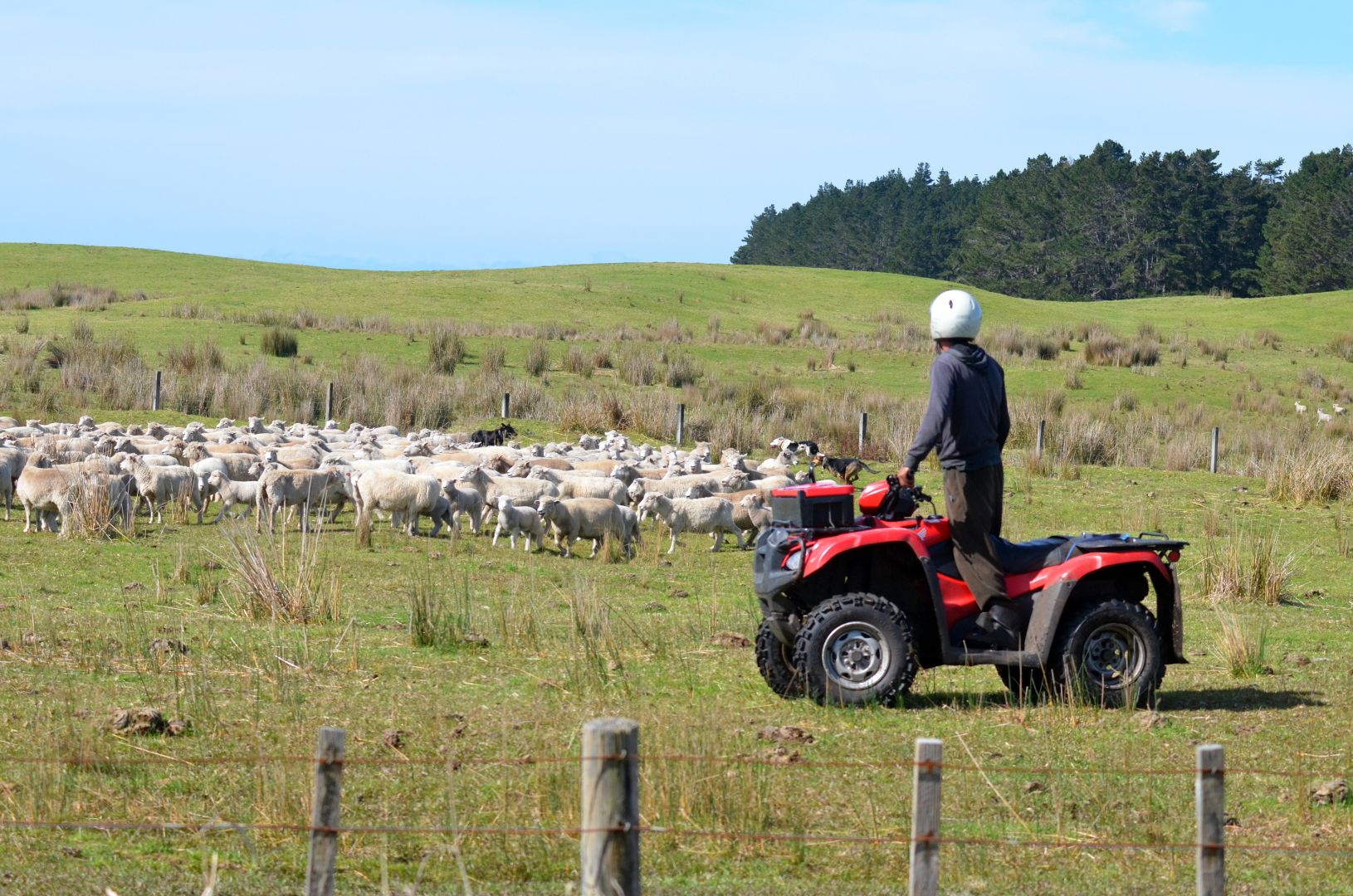- Whakatane 07 308 5015
Carbon Credit Controversy

In 2018 the Labour/NZ 1st Coalition started the 1Billion Trees Programme with the goal of planting 1Billion trees in NZ by 2028. The carbon sequestered from the trees would help NZ meet their obligations under the Paris Climate Agreement to reduce emissions by 50% of 2005 levels by 2030.
The intent of the policy, as quoted by the Ministry of Primary Industries, is to plant the Right Trees in the Right Place for the Right Purpose. Bringing huge benefits to our environment, our people, our community and our economy.
“We want to see trees integrated into the landscape to complement and diversify our existing land uses rather than see large scale land conversion to forestry”
The topic is hugely emotive for many Kiwis as it has resulted in a dramatic change to what has historically and quintessentially been viewed as the backbone of the rural Kiwi community landscape.
Foresters Buying Premium Land
Many rural farmers are seeing their communities breaking down as extra incentives allow foresters to pay a premium for pastoral land. Rural schools are closing, resources and jobs are lost and more and more farmers are selling up and shipping out.
It is not unusual for land uses to change with financial incentives, however the nature of forestry means that once land is in forestry it is very unlikely to return to pastoral farming.
Centre of the debate is carbon credits.
The global move to reduce emissions has seen the price of carbon credits skyrocket from $25 to $75 in the 2 years to Jan 2022. The rise is predicted to continue.
When trees are planted foresters earn carbon credits based on how much carbon is stored. However, forestry is a long-term investment requiring a lot of capital upfront and unfortunately most average Kiwis are unable to come up with the required land and capital. To meet the governments’ tree planting goals the investment is coming largely from overseas. In 2018 the government streamlined the process for overseas investment in NZ forestry. Cabinet has however, very recently agreed to re-introduce some measures for overseas investors to prove benefit to NZ before they buy pastoral land for conversion. For those planning to harvest and replant trees the government has made carbon trading easier and less risky.
Price of Carbon
The high price of carbon provides such an incentive for forestry it has even become financially feasible for some to plant a forest, register it as permanent, lock the gate and earn the carbon credits without ever intending to return to harvest.
Questions are being raised as to whether large scale forestry is really the best land use for NZ in regard to soil nutrient depletion, erosion and environmental biodiversity. Unfortunately for the environmentally conscious the nature of indigenous forests mean they will take longer to earn less credits, making them a lot less financially viable.
The NZ rural landscape is changing.
While forestry will likely negatively effect and even dissolve many rural communities, as long as trees are harvested, it will also bring many freight, harvesting and processing jobs to centres nearby.
While the government may be missing their mark on avoiding large scale land use change to forestry, they are certainly on track to use tree planting to meet their emissions obligations. In the wider scale view of on-going use of capitalism and market forces as a tool to tackle climate change this issue seems it may be one of the unfortunate side effects of a policy with good intentions.
